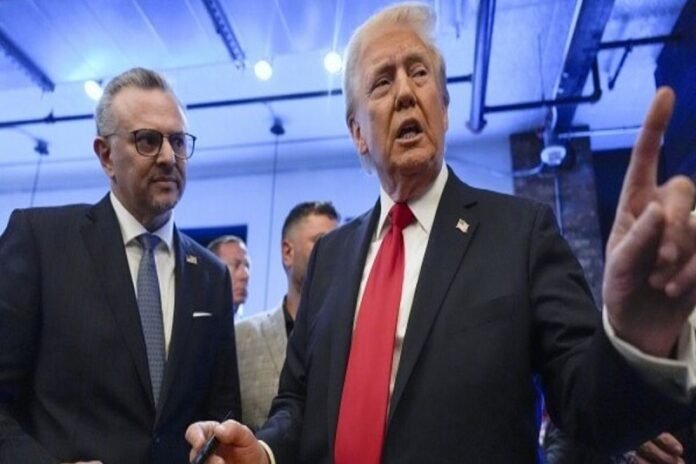After the UN Security Council Decision: The United States Calls for Direct Negotiations to Resolve the Sahara Issue
In a diplomatic scene heavy with symbolic and strategic weight, the recent UN Security Council vote to extend the mandate of the United Nations Mission for the Referendum in the Sahara (MINURSO) by one year marks a significant shift in a long-stalled conflict. This vote is far from routine; it signals a growing global consensus supporting Morocco’s autonomy plan as the foundation for any future solution.
From Washington, the voice of the US President’s senior adviser on Arab and African affairs, Moussaad Boulos, cuts through the noise: “Time is of the essence, and direct negotiations are needed to achieve lasting peace in the Sahara.” A single tweet, yet loaded with historical and geopolitical significance, reiterates that the solution, from the American perspective, must respect Moroccan sovereignty and the credible autonomy plan proposed by Rabat.
The United States welcomes today’s historic vote to extend MINURSO's mandate for one year and looks forward to supporting negotiations to achieve peace in Western Sahara. I echo @POTUS's call for all parties to engage in negotiations without delay to achieve a lasting solution,…
— U.S. Senior Advisor for Arab and African Affairs (@US_SrAdvisorAF) October 31, 2025
The analysis goes beyond simple diplomacy: the pressing question arises—will Algeria finally reconsider its traditional stance of abstention or non-participation? Will Morocco-Algeria relations see a genuine transformation in light of this international momentum, or will entrenched political obstacles continue to dominate the regional landscape?
The US position, in alignment with King Mohammed VI’s vision, also opens a window for rebuilding mutual trust between Rabat and Algiers, a gesture at once symbolic and diplomatic. Here lies the critical question: can a direct fraternal dialogue overcome decades of stalemate, or does regional geopolitics still dictate outcomes despite local actors’ intentions?
Within the Security Council, Resolution 2797 (2025) stands as a landmark: 11 votes in favor, including the United States, France, and the United Kingdom, versus three abstentions—Russia, China, and Pakistan—while Algeria chose to completely withdraw from the vote for the second consecutive time. This illustrates how major transformations often emerge as much from absence as from active participation.
The question remains open for reflection: does this vote mark the beginning of the end of uncertainty for the separatists? Can this international momentum be interpreted as a decline in external support for Algeria’s traditional positions?
The Security Council’s decision is more than a formal document; it emits multiple signals—diplomatic, political, and strategic. Against this backdrop, Morocco seems to move confidently toward a sustainable political solution, while leaving all parties, including Algeria, to confront the test of their genuine commitment to peace.


